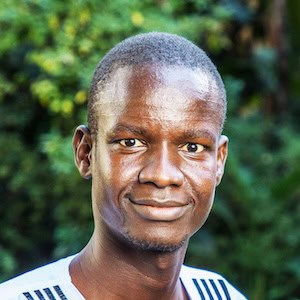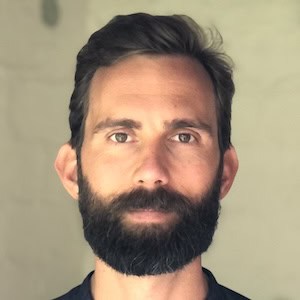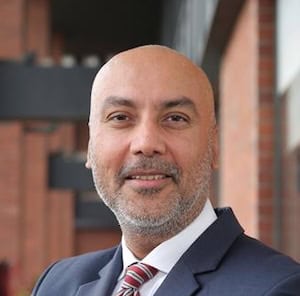-
Toilet To Tap: Solving the Global Water Crisis With Wastewater
World Toilet Day is Nov. 19, and as it focuses global attention on how to improve sanitation and fight water scarcity, one somewhat uncomfortable solution is emerging: the re-use of wastewater. Of course, not everyone agrees with the methods, and the thought of "drinking human waste" isn't palatable. But thanks to rapid technological advancement and the growing recognition that waste can be profitable, the practice could finally be overcoming the "ick" factor to become an important strategy for solving the world’s water crisis.
- Categories
- Environment, Social Enterprise, Technology, WASH
- Tags
- waste
-
Too Much Money Chasing Too Few Deals? Why the Creative Economy Could Be the Next Big Focus for Impact Investing
Even with the many diverse focuses of impact investing these days, something is missing, says Laura Callanan of Upstart Co-Lab. She argues that investors are overlooking the creative economy, and that the impact sector should focus its attention on art, design, music, entertainment, fashion, food and more – a global economy worth $2.25 trillion that's the source of 29.5 million jobs.
- Categories
- Investing
-
The Curious Case of Myanmar: Can the Country Leapfrog to Digital Financial Inclusion?
Fueled by years of repressed demand, cheap Chinese phones, softening regulations and an aggressive push by the country’s mobile network operators, Myanmar leapfrogged from practically zero phones to almost exclusively smartphones. Looking at this stark contrast, a natural question arises – can Myanmar leapfrog from financial exclusion to "digital" financial inclusion, just as it did in telecom?
- Categories
- Finance, Technology
-
Three Reasons for the African Research Gap – And How to Close It
Sub-Saharan Africa’s population share will more than double in the next 50 years—from 13 percent to 25 percent of the world's population. Despite this growth, its research outputs lag far behind other regions, with just 2 percent of peer-reviewed publications coming from authors there. Center for Effective Global Action (CEGA) program manager Maya Ranganath explores reasons for the gap, and ways CEGA is working to increase the volume of high-quality academic research produced by scholars in the region.
- Categories
- Agriculture, Education, Health Care
-
Something Doesn’t Add Up: Improving Basic Math Skills Among Microentrepreneurs in Rural India
Running any business requires a basic knowledge of arithmetic. Entrepreneurs need to calculate change due on a sale, profits and loss, commissions on product sales, and interest rates on loans. If they can't, their business will likely struggle. As part of a study to identify whether basic math skills contribute to entrepreneurial success in rural India, Madura Microfinance assessed the numerical capabilities of microentrepreneurs. The results were surprising – and somewhat alarming.
- Categories
- Education
-
The Longest Last Mile: Are India’s Poor Ready for Digital Financial Services?
With the Indian government working to transform the country into a digital economy, the focus of financial inclusion is heavily inclined toward digital financial services for all. But are India’s poor ready for this shift? Anoushaka Chandrashekar and Misha Sharma at IFMR LEAD argue that poor customers are far from reaching this stage, and that policymakers and practitioners should focus on access and usage, rather than introducing digital products that very few people use.
- Categories
- Finance, Technology
-
When Failure is Hard to Recognize: Facing Hard Truths about Microfinance
After decades of faith in the ability of tiny loans to transform people’s lives, quantitative research has revealed that microfinance rarely lives up to the hype. But in spite of their lackluster impact, microfinance projects have persisted – the question is, why? After seven years of observing various actors throughout the microfinance value chain, Erin Beck, an assistant professor at the University of Oregon, has an answer. She discusses how policymakers, MFI leaders, employees and even customers contribute to microfinance’s persistence.
- Categories
- Impact Assessment
-
How USAID is Capitalizing on New Trends in Development Finance by Attracting Impact Investors
As the funding landscape for global health evolves, new financing models for the development and commercialization of medicines and diagnostics are needed. Priya Sharma of USAID's Center for Accelerating Innovation and Impact discusses the agency's forays into impact investing, and its recent report, “Investing for Impact: Capitalizing on the emerging landscape for global health financing” in this Q&A.
- Categories
- Health Care, Investing









